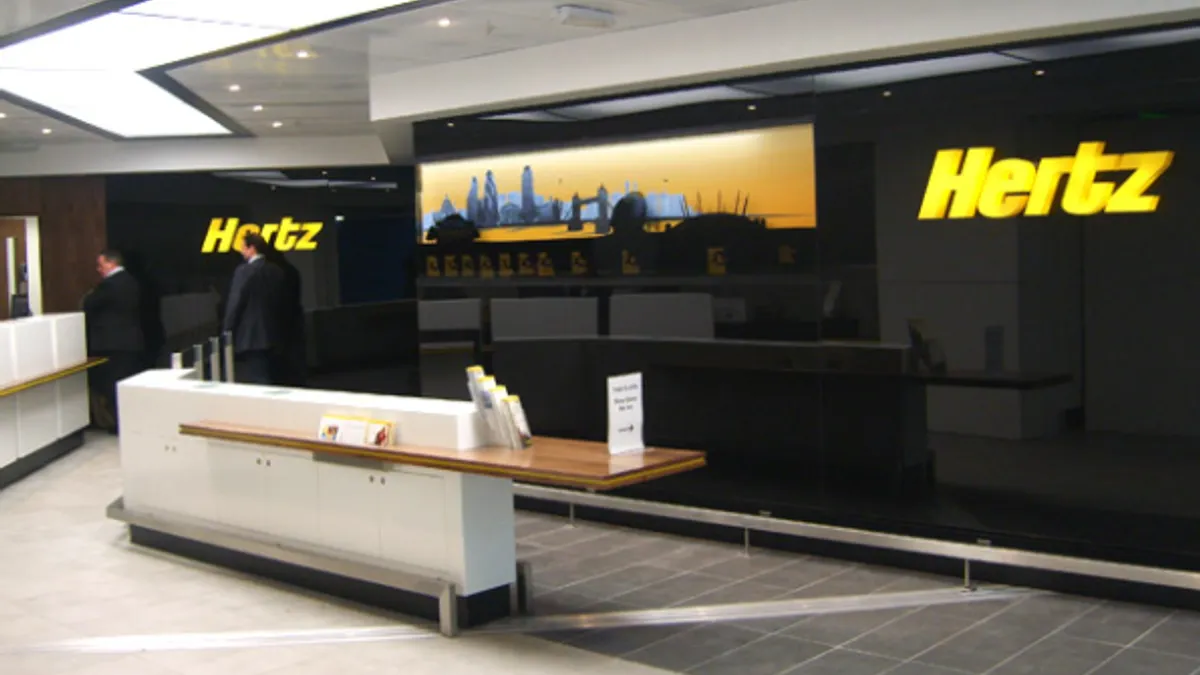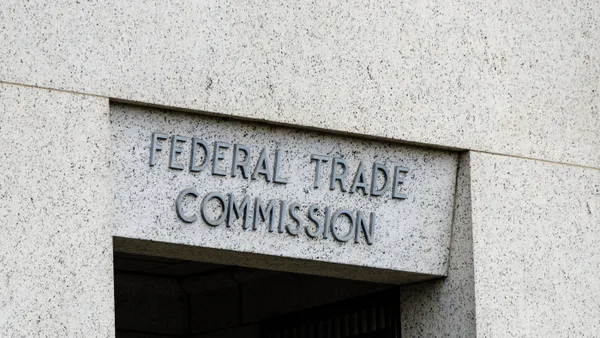Dive Brief:
- The Securities and Exchange Commission (SEC) charged former Hertz CEO and Chairman Mark Frissora with aiding and abetting the company in its filing of inaccurate financial statements and disclosures.
- Hertz's financial results fell short of its forecasts throughout 2013, the SEC says, and Frissora pressured subordinates to "find money," principally by re-analyzing reserve accounts.
- The re-analysis allegedly caused Hertz's staff to make accounting changes that rendered the company's financial reports materially inaccurate.
Dive Insight:
Frissora led Hertz staff to take a number of problematic accounting actions, the complaint says.
He led the company to hold rental cars in its fleet for longer periods and thus lower its depreciation expenses, without properly disclosing the change — and the risks of relying on older vehicles — to investors. In addition, Frissora approved Hertz's reaffirming its earnings guidance in November 2013, despite Hertz's internal calculations that projected lower earnings per share figures. Hertz revised its financial results in 2014 and restated them in July 2015, reducing its previously reported pretax income by $235 million.
"Investors are entitled to accurate and reliable disclosures of material information about a company's financial condition," said Marc Berger, director of the SEC's New York Regional Office. "We are committed to holding corporate executives accountable when their actions deprive investors of such information."
The SEC's complaint, filed in federal district court in New Jersey, charges Frissora with aiding and abetting Hertz's reporting and books and records violations and with violating Section 304 of the Sarbanes-Oxley Act by failing to reimburse Hertz for the requisite amount of incentive-based compensation he received.
Without admitting or denying the allegations, Frissora consented to a judgment permanently enjoining him from aiding and abetting any future violations of the applicable federal securities laws, requiring him to reimburse Hertz for $1,982,654 in bonus and other incentive-based compensation and requiring him to pay a $200,000 civil penalty. The settlement is subject to court approval.
In December 2018, Hertz agreed to pay $16 million to settle related fraud and other charges brought by the SEC and in December 2019, the SEC issued a settled order against Hertz former Controller Jatindar Kapur.












